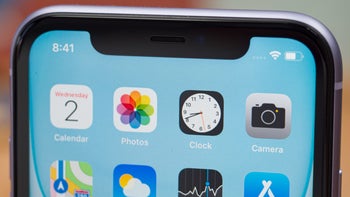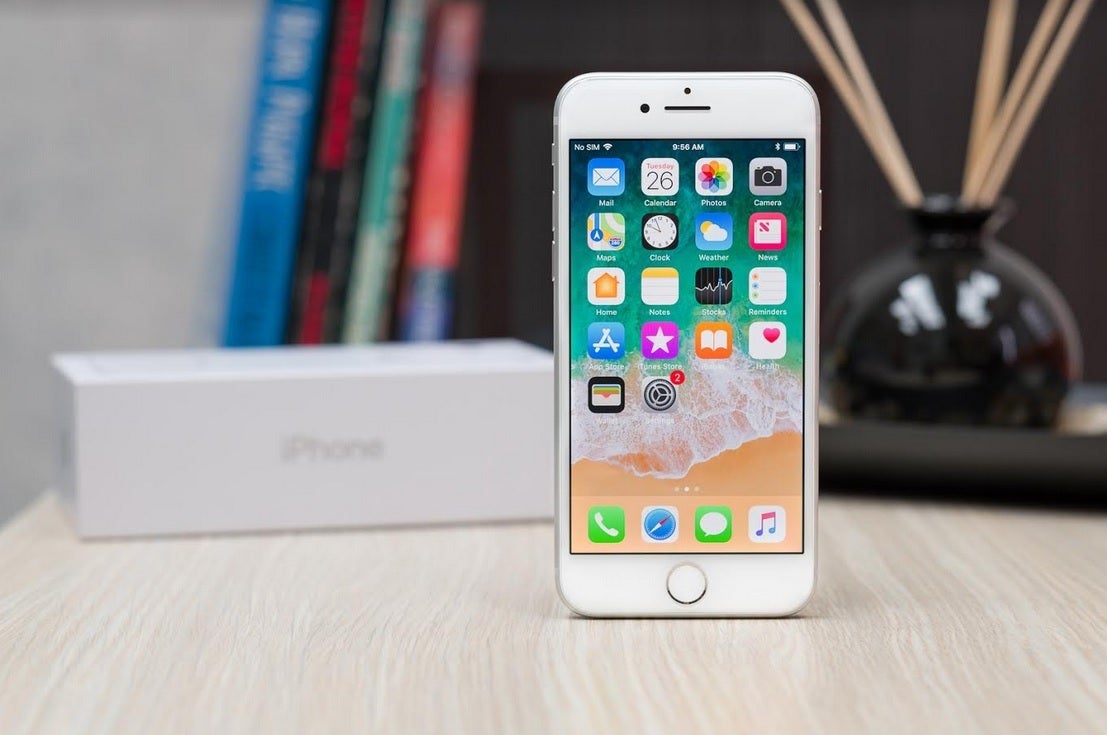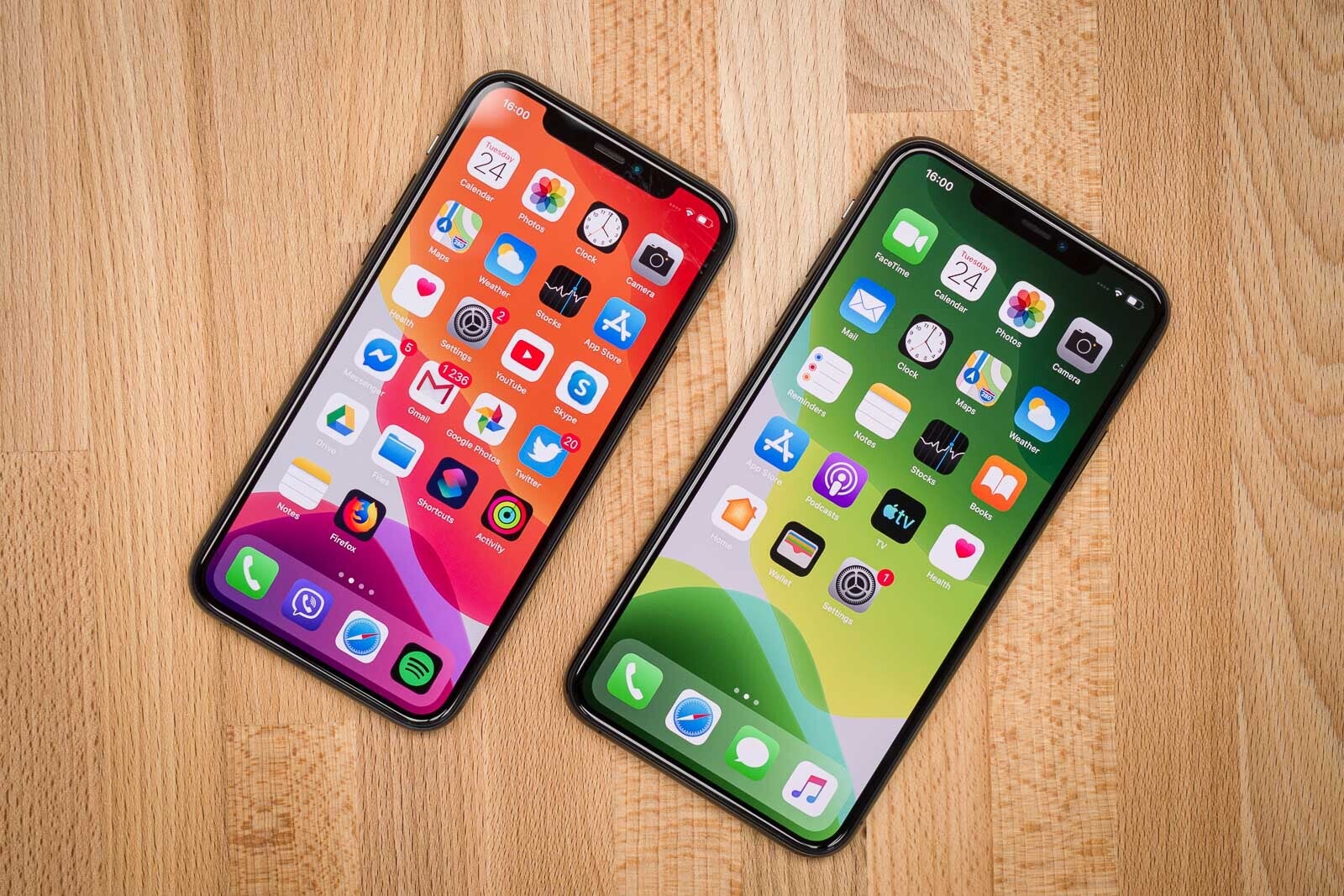Apple reportedly hikes iPhone production plans by 10%

Apple today announced that during the 2019 holiday shopping season it sold $55.96 billion worth of iPhones making it the handset's second best holiday quarter ever. Only the 2017 holiday season produced more revenue for Apple during the October through December period. The company knew that it was about to release these results and yesterday it asked its suppliers to hike iPhone production by about 10% to 80 million units for the first half of calendar 2020. That is a 9.6% hike from the 73 million iPhone units that Apple ordered for the first half of calendar 2019. "This year is much busier than last year," said an industry source.
According to the Nikkei Asian Review, Apple requested that its suppliers deliver 65 million iPhone 11 models and 15 million iPhone 9 handsets. The latter is unannounced and is expected to be Apple's new budget-priced phone replacing the iPhone SE. Based on the iPhone 8, the iPhone 9 will be equipped with a 4.7-inch LCD display carrying a 750 x 1334 resolution. It will be powered by the same 7nm A13 Bionic chipset that currently drives the 2019 iPhones and we could see a 50% hike in memory to 3GB. The device could bring back Touch ID but it will not feature 3D Touch. Pricing should start at $399 for the variant equipped with 64GB of storage.
Apple is on track to have a strong first half of calendar 2020
Reliable TF International analyst Ming-Chi Kuo sees Apple selling 20 million iPhone 9 units during 2020 although that could rise to 30 million if the device strikes a chord with consumers. The model is expected to be released this coming March.

The Apple iPhone 9 will look like the iPhone 8
In an era of rising smartphone prices and flagship models priced at more than $1,000, Apple CEO Tim Cook recognized after two consecutive quarters of declining iPhone sales that "price is a factor." Apple surprised many in September when it released the 64GB version of the iPhone 11 at $699; that is a $50 haircut from the $749 launch price of the phone it replaced, the 64GB iPhone XR. That's not to say that the iPhone 11 Pro models are cheap. The 512GB iPhone 11 Pro Max carries a retail price of $1,449.
Apple's call to suppliers to raise deliveries by 10% means that business is better than expected. Add to that the potential for a low-priced iPhone 9 to generate some interest and you get the makings of a strong first-half for the manufacturer. Chiu Shih-fang, a smartphone and supply chain analyst at the Taiwan Institute of Economic Research, told the Nikkei that "With the upcoming cost-effective new iPhone this spring, and the better-than-expected demand for iPhone 11, it looks like Apple will have a better first half of this year compared with the same time a year ago."

The Apple iPhone 11 Pro and iPhone 11 Pro Max
It's hard to believe now, but last year at this time, Apple was having difficulties with the iPhone. Tim Cook reduced the company's fiscal first-quarter revenue estimate citing "fewer iPhone upgrades" than planned. The stock immediately tanked, declining 34% from its peak. But fast forward a year and the iPhone is selling well thanks to the improved photography system, longer battery life (all phone manufacturers should learn a lesson from this), and enhanced protection from both water and drops. The Nikkei also says that the ban that prevents Huawei from accessing its U.S. supply chain is also partly responsible for the turnaround in iPhone sales. That isn't the case inside China where patriotic Chinese consumers see Huawei as a victim of U.S. bullying. Outside of the country though, Huawei's phones are not selling as well as they usually do because they cannot run Google's core Android apps. Still, for 2019, Huawei delivered about 240 million handsets globally topping Apple and trailing only Samsung.
The report notes that it isn't just the iPhone doing well for Apple. The company's Wearables unit is its fastest-growing with revenue up 37% during the 2019 holiday shopping season. Apple is reportedly hiking the production of its wireless Bluetooth AirPods to as many as 45 million units. During calendar 2019, Apple sold 60 million units of the accessory giving the firm a better than 50% share of the worldwide market for wireless Bluetooth "earables."
There is a wild card that could disrupt all of the positive expectations for Apple during the 2020 first half and that is the deadly coronavirus. Terry Gou, founder of Apple contract manufacturer Foxconn, said that the rapid spread of the virus could disrupt Apple's supply chain.













Things that are NOT allowed: